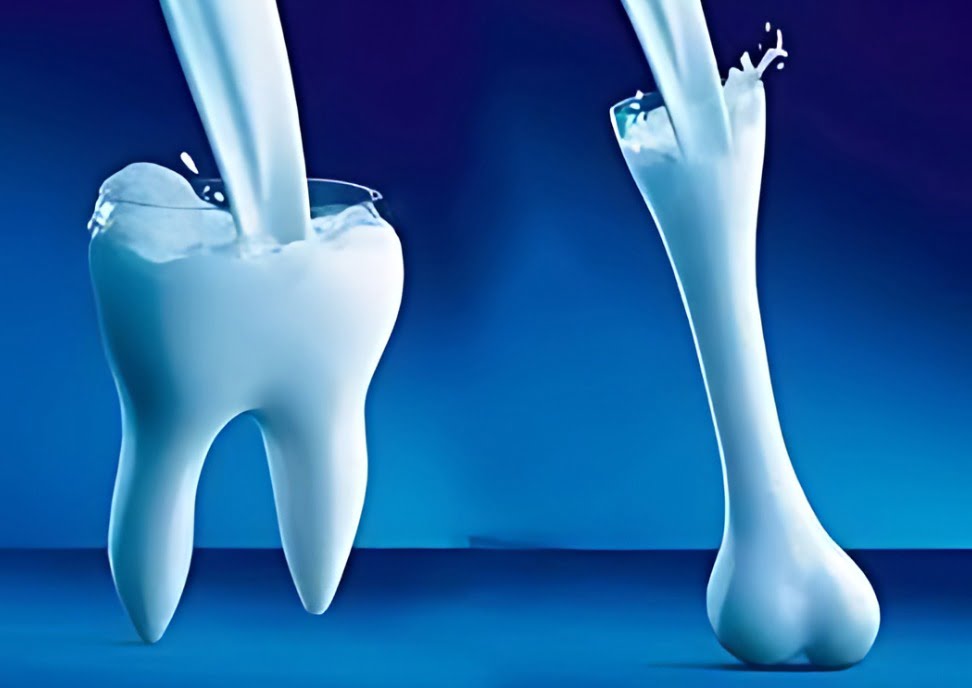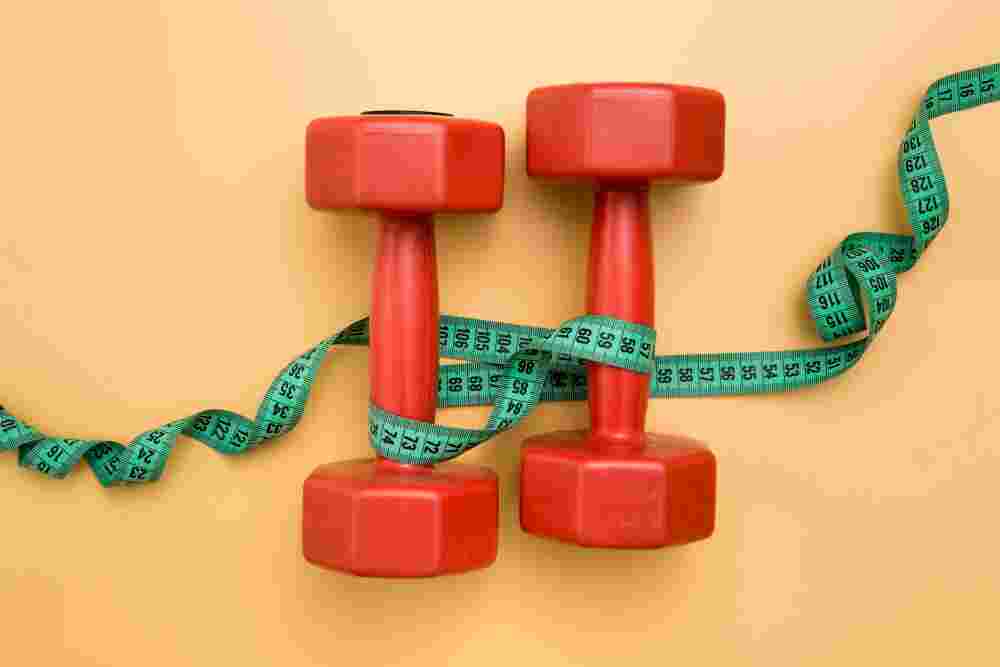Calcium is an important mineral for your body to be strong and healthy. It functions as the building blocks for your bones, giving them their required density and structure. Besides bones, you need calcium for muscle function, nerve transmission, and even regulating blood pressure.
In contrast, if you don’t have sufficient calcium, it can lead to several serious health issues. Your body naturally produces calcium, but you must have it in your diet, too, to get the required daily dose. In this article, you’ll find the essential food and supplements to fulfill your calcium needs and how calcium deficiency affects men’s health.
Essential Foods for Calcium Boost
As an adult, you must intake 1000mg of calcium per day to fulfill your calcium needs. As you age, your body’s requirement for calcium also increases, and it becomes 1200mg per day for women above 50 and men over 70.
Fortunately, you can get this required amount with a balanced daily diet. According to NHS, here are some essential foods that you can add to your diet to have safe levels of calcium:
- Dairy products: Classic choices like milk, cheese, and yogurt are rich in calcium and easy to digest. Opt for low-fat or fat-free options to keep saturated fat intake in check.
- Dark leafy greens: Kale, collard greens, and broccoli are surprisingly good sources of calcium, along with other bone-supporting nutrients like vitamin K.
- Calcium-fortified foods: Many breakfast cereals, plant-based milks (soy, almond, rice), orange juice, and even tofu are fortified with calcium, making them a great option for those following a vegan or dairy-free diet.
- Sardines and canned salmon: These fish have the added benefit of edible soft bones, packing a powerful calcium punch.
Types of Calcium Supplements
If, for any reason, you can’t get your required dose of calcium from your diet, you can use calcium supplements. Several different types of calcium supplements are available, each with its advantages and disadvantages. Here are some of the most common types:
- Calcium carbonate: This is the most common and affordable type of calcium supplement. However, it can be difficult to absorb, especially for people with low stomach acid.
- Calcium citrate: This type of calcium is easier to absorb than calcium carbonate and is a good choice for people with low stomach acid.
- Calcium lactate: This type of calcium is also relatively easy to absorb and may be a good option for people with sensitive stomachs.
- Calcium malate: This type of calcium is combined with malic acid, which may help to improve absorption. However, it is more expensive than other types of calcium supplements.
Impact of Calcium on Men’s Health
Calcium is required for the strength of bones, muscles, and several other body functions of men. They also need it to prevent serious health issues. As men age, bone density naturally declines, increasing the risk of fractures. Adequate calcium intake helps prevent this by keeping bones mineralized. Calcium is essential for proper muscle function, including heart muscle contractions.
According to studies, there is a link between sufficient calcium intake and a reduced risk of colorectal cancer in men. Other studies prove that calcium deficiency might be linked to male infertility.
Therefore, men must ensure that they take the recommended daily intake (RDI) of calcium in their diet or through supplements. It’s generally around 1,000 mg per day for men under 50 and 1,200 mg for those over 50.
Disclaimer: The information provided in this article on calcium intake and its benefits is intended for general informational purposes only. It is not a substitute for professional medical advice, diagnosis, or treatment. Calcium needs can vary based on age, health conditions, and individual requirements. Always consult with a healthcare provider or your doctor before starting any new supplement, making dietary changes, or determining the appropriate calcium intake for your specific health situation.
Join Cure and Craft:
Calling all healthcare professionals, medical students, and writers! Share your insights, experiences, and knowledge on our platform. Let’s craft informative articles together, shaping the future of healthcare. Connect, inspire, and enlighten our audience.





